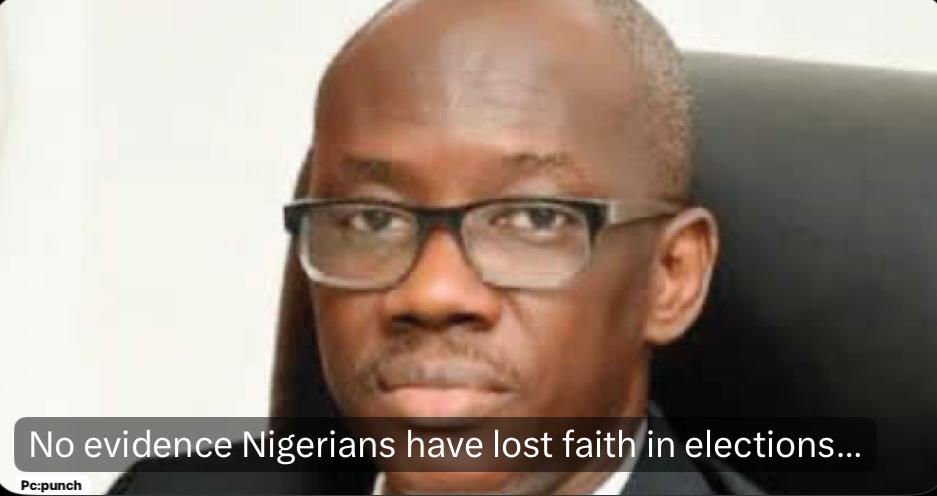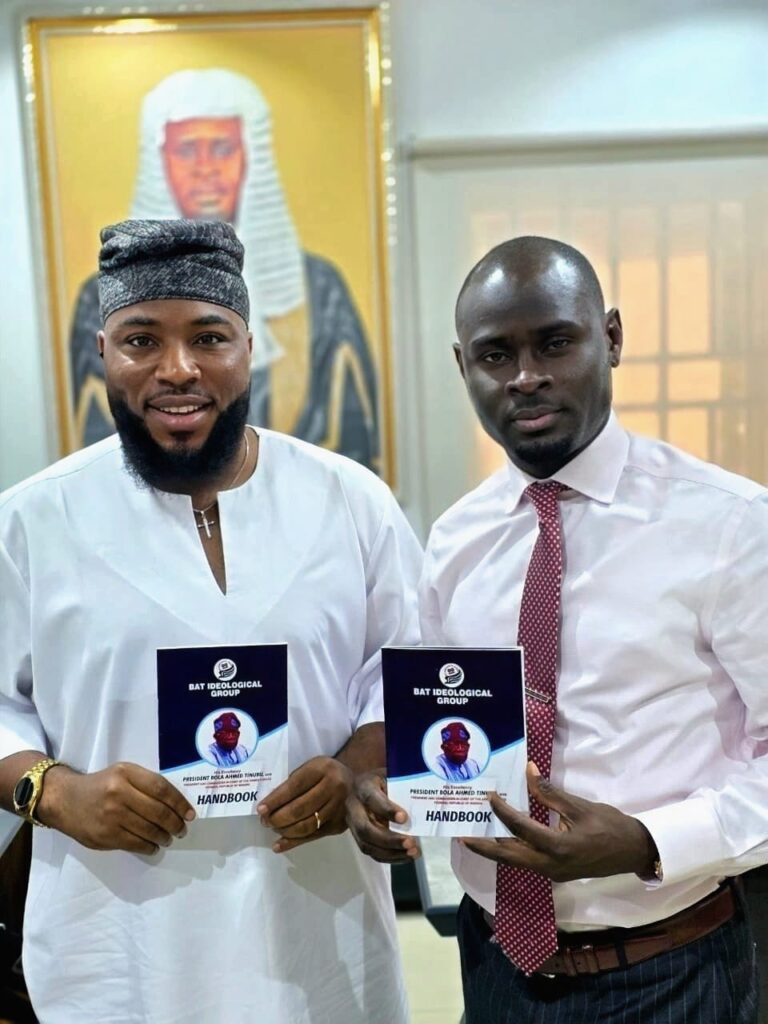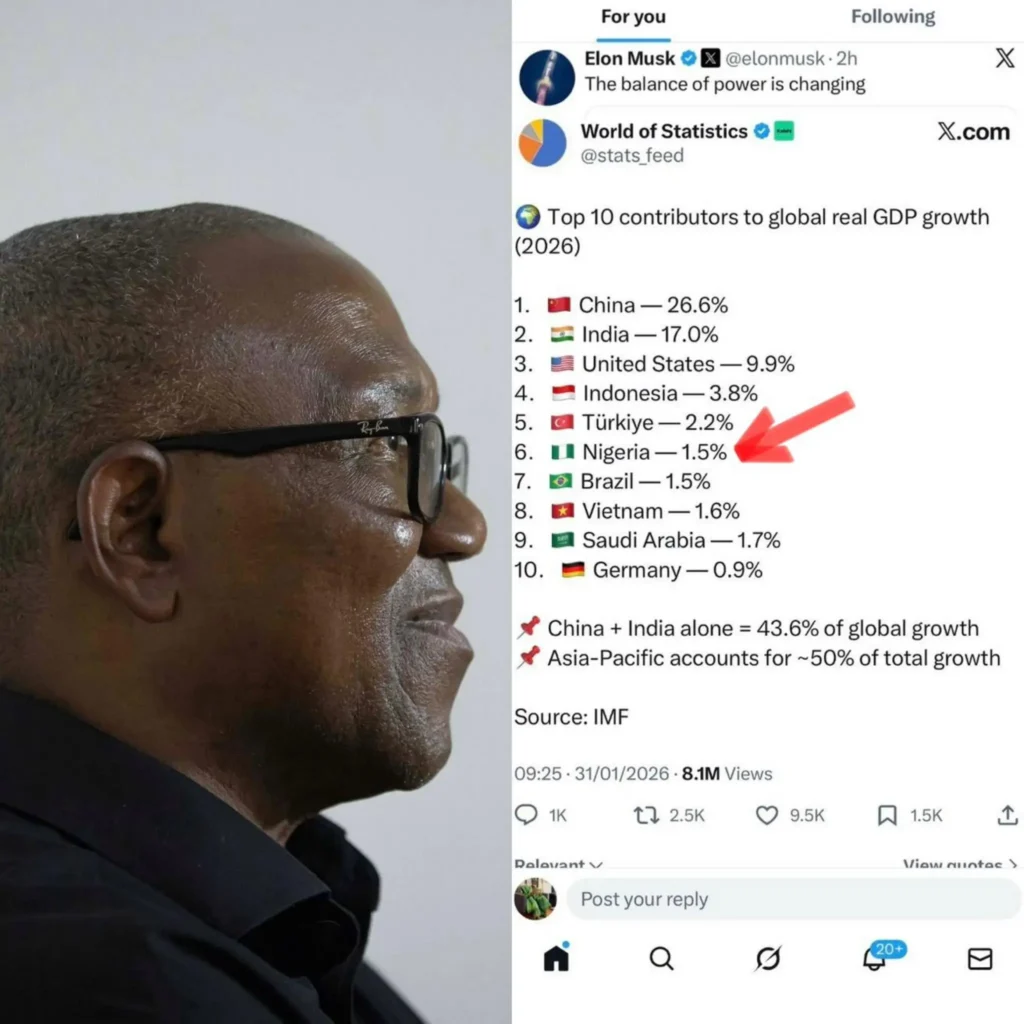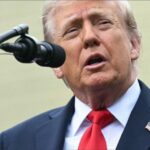INEC Dismisses Claims Nigerians Have Lost Faith in Elections

The Independent National Electoral Commission (INEC) has dismissed claims that Nigerians no longer have confidence in the country’s electoral process, insisting that available data and recent civic engagement show otherwise. The rebuttal follows rising concerns from political observers, civic groups, and sections of the public who argue that repeated election-related challenges — including logistical shortcomings, vote-buying, and weak prosecution of offenders — are undermining trust in the system. Speaking on Monday in Abuja, Rotimi Oyekanmi, Chief Press Secretary to the INEC Chairman, said such conclusions are not backed by evidence. He pointed to the ongoing Continuous Voter Registration (CVR) exercise as proof that Nigerians, particularly young people, still believe in the ballot. “Those who say Nigerians have lost faith in elections have no convincing evidence to support such claims,” Oyekanmi stated. “What the commission is witnessing across the country, especially the enthusiasm of young people at registration centres, shows that citizens still value their right to vote and want to be part of the democratic process.” The CVR, which began in August, has reportedly recorded encouraging turnout across several states. INEC officials say the steady flow of new registrants demonstrates continued public interest in shaping the political future of the country. However, some civil society organisations and advocacy groups maintain that confidence in the electoral process is fragile. They argue that incidents such as vote-buying, intimidation, and inconsistent enforcement of electoral laws remain major obstacles to building lasting trust. Groups like ActionAid have previously warned that unresolved irregularities, if left unchecked, could weaken voter confidence ahead of the 2027 general elections. Political analysts also stress that voter registration alone does not fully reflect trust in elections. They highlight other factors, including the transparency of results, effective dispute resolution, and credible conduct by political parties, as equally vital in sustaining legitimacy. INEC has acknowledged these concerns and assured Nigerians that reforms are underway. The commission said it is intensifying efforts to improve logistics, strengthen the use of technology in elections, and enhance communication with stakeholders. Observers note that while INEC’s confidence is backed by current levels of participation, it will need to translate these numbers into credible, transparent, and well-managed elections in order to secure lasting public trust. With the 2027 polls fast approaching, many argue that the coming years will test the commission’s ability to deliver on its promises. For now, INEC maintains that there is no evidence Nigerians have abandoned faith in democracy, stressing that active engagement in voter registration and other electoral processes shows that citizens still see elections as the primary and legitimate route to leadership.









